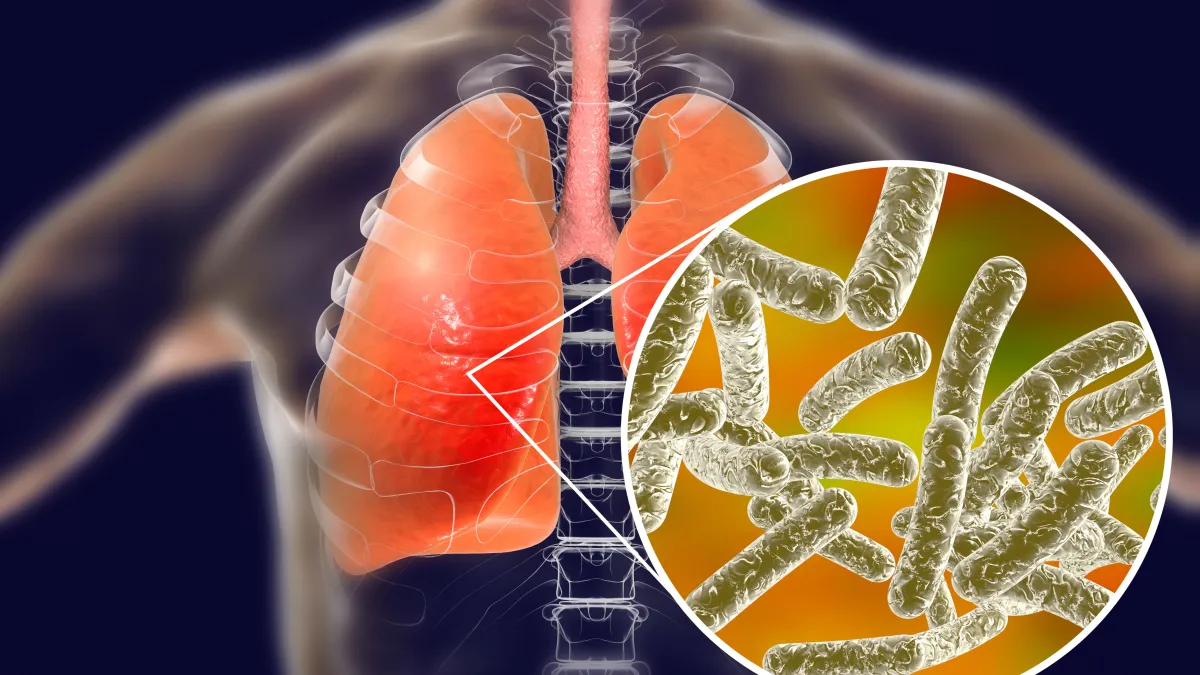Overview of Environmental Awareness
We'll explore the fundamentals of environmental awareness in this module. Find out why it's so important to comprehend how we affect the environment and how little changes can have a large impact. Being conscious of the environment is the first step in building a sustainable future.
Examining Environments
Learn about the remarkable diversity of ecosystems on Earth and the precarious balance that they preserve. Learn why it's so important to protect these habitats, which range from forests to the ocean. Our understanding of the environment grows as we investigate the complex web of life.
Comprehending Climate Change
Explore the intricacies of climate change and its extensive ramifications. Find out how our actions affect global warming and what we can do to lessen its consequences. Being conscious of the environment enables us to combat climate change.
Strategies for Conservation
Examine doable conservation tactics to save the resources on our earth. Find strategies to lessen our environmental impact, such as encouraging renewable energy sources and decreasing waste. Being conscious of the environment helps us adopt sustainable lifestyles.
Action and Advocacy
Discover how to promote environmental causes and constructive change in your neighbourhood . Recognize the significance of activism and group efforts in resolving environmental problems. Our desire for a better world is fueled by environmental consciousness.
Lessons
Brief Description of Environmental Awareness
This online course focuses on environmental management systems and critical environmental challenges, including deforestation, oil depletion, pollution, climate change, biodiversity loss, and noise and light pollution.
Climate change is a global phenomenon that alters average temperatures and rainfall over time. It is caused by human activities such as burning fossil fuels, which release massive amounts of greenhouse gases into the atmosphere, trapping solar heat and raising the earth's temperature.
Module 3: Environmental Laws and Legislation
Module 4: Environmental Management
Module 5: Life-cycle and Recycling
Module 6: Waste Management
Module 7: Water Resource Management and Controls





